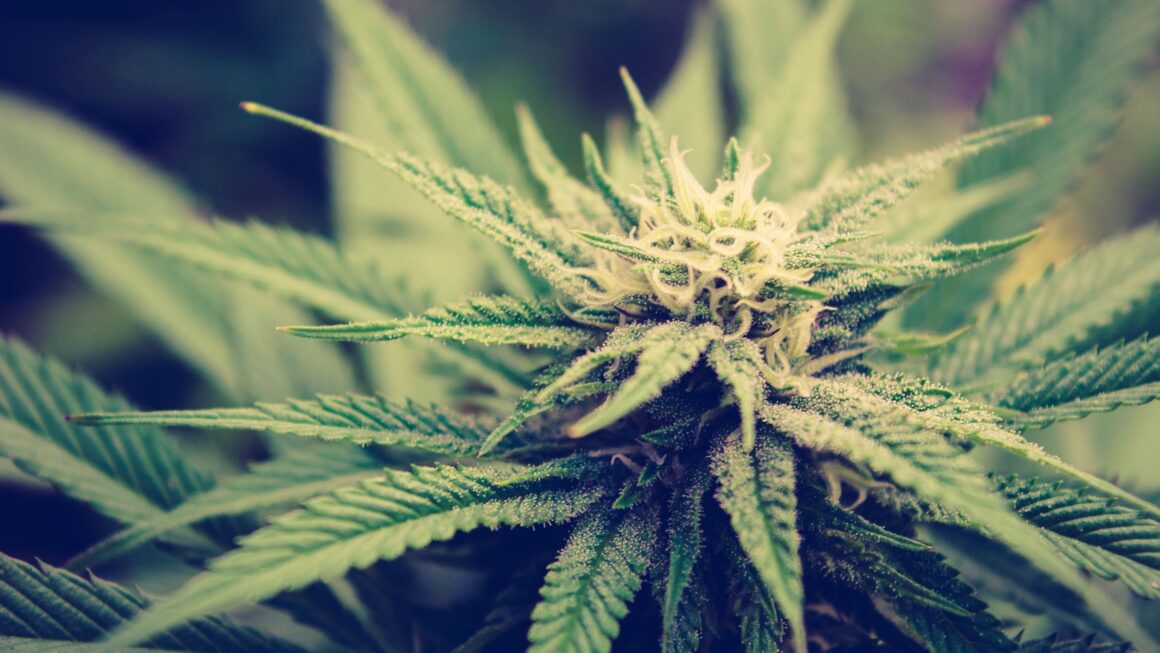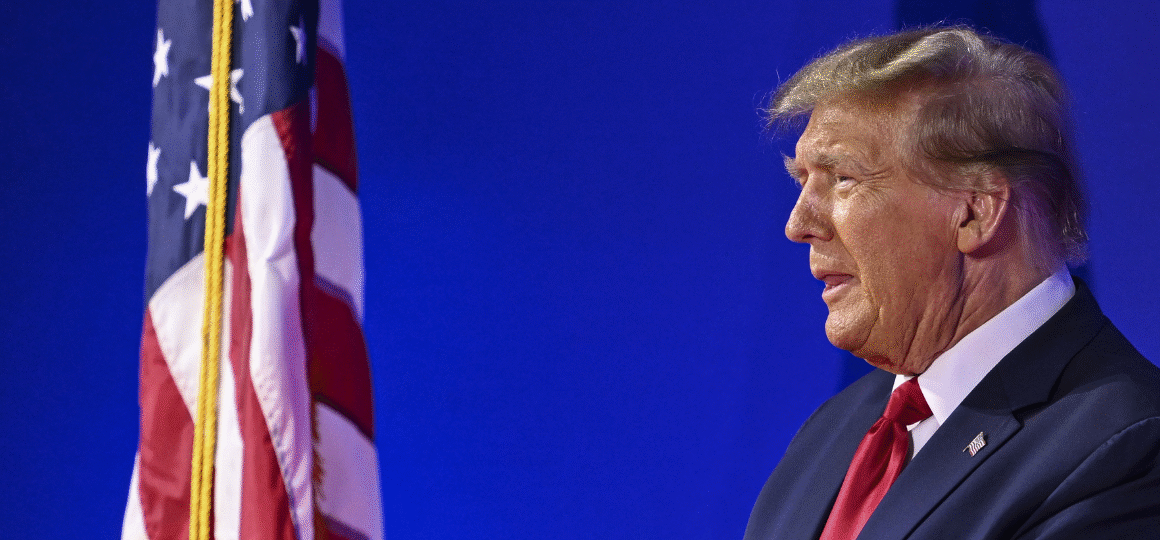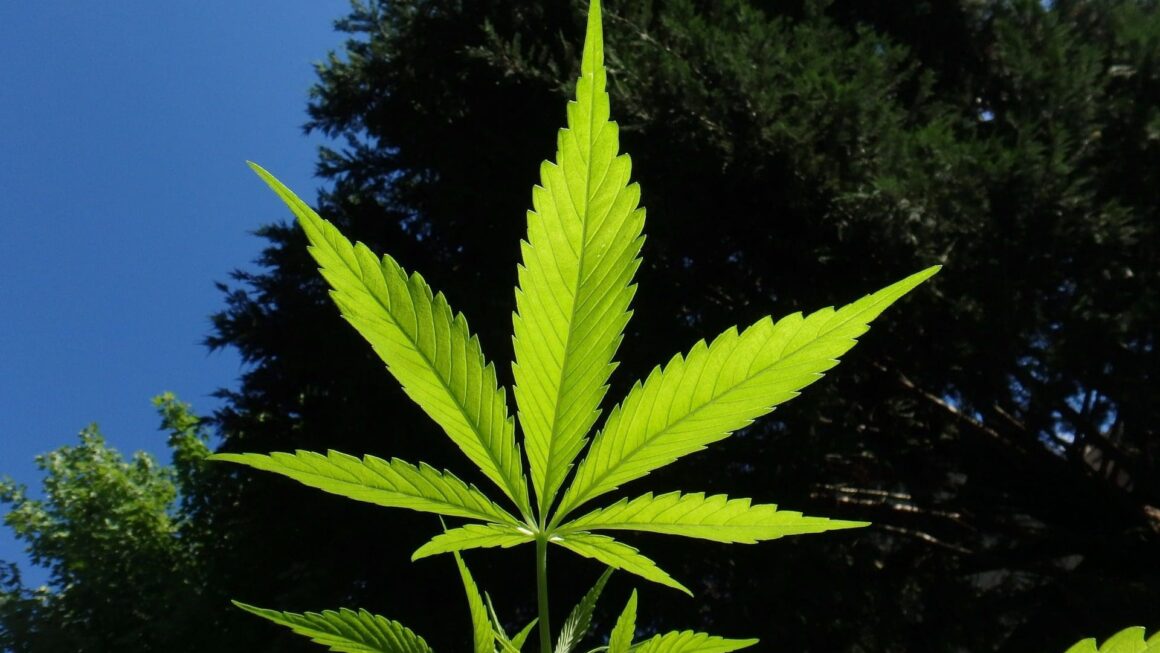A subsidiary of a multi-state marijuana company is suing DoorDash, Total Wine and several other businesses for allegedly violating Virginia hemp laws by marketing cannabis products that exceed the legal THC limit.
In a lawsuit filed with the Virginia Circuit Court of Arlington County on Wednesday, Jushi Holdings Inc. subsidiary Dalitso LLC claimed that defendants have engaged in a “deliberate and coordinated scheme to erode Virginia’s heavily regulated medical cannabis market” by selling intoxicating cannabinoid products that run afoul of state law.
“Disguised as lawful ‘hemp,’ these products are, in reality, potent and dangerous forms of marijuana, offered without the mandatory safeguards, testing, or oversight that the Commonwealth imposes on licensed cannabis operators such as Plaintiff,” the complaint says. “Through this deception, Defendants have flooded Virginia’s marketplace with unregulated and illegal cannabis products, exploiting consumer confusion and contravening Virginia’s state statutes to gain an unlawful competitive advantage.”
The filing walks through the history of cannabis laws that led to the proliferation of the consumable hemp market, including the federal legalization of hemp containing up to 0.3 percent delta-9 THC by dry weight under the 2018 Farm Bill. Then, in 2023, Virginia implemented its own law imposing additional restrictions on what can be legally sold, with a 2 milligram THC per package requirement.
“However, despite Virginia’s efforts to establish its Total THC standard available for purchase outside of authorized dispensaries, Defendants to this lawsuit engaged in a conspiracy to sell hemp products and industrial hemp extracts in Virginia that exceed the Commonwealth’s Total THC standard,” the lawsuit—which also lists Grayscale Brewing, Specialty Beverage and Coastalo as defendants—says.
“In Virginia, the influx of these illegal products into unregulated retail channels directly undermines the Commonwealth’s regulated medical marijuana program. Licensed dispensaries like Plaintiffs operate under stringent oversight, pay substantial licensing and operational fees, and comply with rigorous testing, packaging, and tracking requirements. Intoxicating hemp sellers, by contrast, bear none of these costs or obligations, yet compete for the same consumers by selling untested, unregulated, and unlawfully potent intoxicants in violation of Virginia law.”
Jushi is asking the court for a jury trial to settle the issue, and it’s seeking more than $80 million from defendants over the claimed economic injury from the alleged unfair competitive advantage.
Marijuana Moment reached out to each of the defendants, but representatives were not immediately available to comment on the lawsuit.
One of the most well-known defendants is the delivery service DoorDash, which announced in January that it was expanding its offerings in select states to include hemp-derived THC and CBD products, including gummies and beverages. The company said at the time that it was partnering with businesses such as Total Wine, another key defendant.
It remains to be seen how the lawsuit will be received by consumers and advocates, who may view the legal challenge as an attempt to stamp out competition by eliminating a source of cannabis products that some have come to rely on while Virginia continues to disallow sales of recreational marijuana, which is nonetheless legal to possess in the state.
From Jushi’s perspective, however, the lawsuit is necessary to level the playing field and address what is sees as unfair business practices the undermine its legal medical cannabis operations.
Trent Woloveck, chief strategy officer of Jushi, said the company’s “goal is not to remove products that are following the law and regulations set forth in Virginia.”
“We should ensure that businesses that want to continue to participate in cannabis do it under what is allowed so that we can get to our end goal of normalizing the plant. However, if businesses want to continue to short cut the process, then we are going to shine a light on them,” he told Marijuana Moment. “These sellers are selling intoxicating THC products without nearly the oversight, licensing, or tax burdens borne by licensed cannabis companies, so they ought to be extremely careful about following the law.”
“As for patient and consumers, we’ve received extremely positive support and feedback in our fight for public health and safety,” Woloveck said. “Unregulated and lawful marijuana products guised as hemp have created a significant problem for those pushing for real, permanent reform of cannabis industry because hemp-derived products are rarely (if ever) tested with the vigor required of licensed cannabis companies.”
Use and possession of adult-use marijuana has been legal in Virginia since 2021, but retail sales remain forbidden—a situation that’s helped fuel a multibillion-dollar illicit market. Despite efforts by Democrats in past years to legalize and regulate the retail system, Gov. Glenn Youngkin (R) has stood in the way of the reform, vetoing proposals passed by lawmakers during each of the last two sessions.
Lawmakers on a legislative commission have been laying the groundwork to push for legalization of recreational cannabis sales in the 2026 session, but the success of that effort will likely depend on the results of next month’s gubernatorial election. Democrat Abigail Spanberger backs the reform but Republican Winsom Earle-Sears opposes it, and the two clashed on the issue at a recent debate.
Hemp businesses tried to block Virginia from enforcing the intoxicating hemp cannabinoid law in 2023, but a federal judge rejected the legal challenge.
All of this comes as Congress and state legislatures across the country grapple with their own hemp laws, with a growing number making moves to either ban or strictly regulate the sale of intoxicating cannabinoid products.
On Friday, a bipartisan coalition of 39 state and territory attorneys general called on Congress to clarify the federal definition of hemp and impose regulations preventing the sale of such products.
A GOP senator is hoping to replace a proposed ban on hemp THC products with alternate appropriations language mandating a study into state regulatory models for consumable cannabinoids. Sen. Rand Paul (R-KY) is circulating legislative language that he’s asking to be adopted as part of the final package.
The agriculture appropriations measure the Senate passed as part of a package over the summer initially contained provisions hemp industry stakeholders said would effectively eradicate the market by banning consumable hemp products with any “quantifiable” amount of THC. But after the measure came out of committee, Paul threatened to hold up its passage over the issue, and the language was removed.
Sen. Mitch McConnell (R-KY), who ushered in the federal legalization of hemp under the 2018 Farm Bill, championed the THC criminalization language and took to the floor to criticize those who opposed the ban, including Paul.
Meanwhile, Paul recently filed a standalone bill that would go in the opposite direction of the hemp ban, proposing to triple the concentration of THC that the crop could legally contain, while addressing multiple other concerns the industry has expressed about federal regulations.
The senator introduced the legislation, titled the Hemp Economic Mobilization Plan (HEMP) Act, in June. It mirrors versions he’s sponsored over the last several sessions.
Separately, the retail giant Target has also started to soft launch sales of THC-infused beverages at select stores in Minnesota.
Read the Virginia lawsuit over alleged unlawful cannabis sales below:
Photo courtesy of Philip Steffan.






